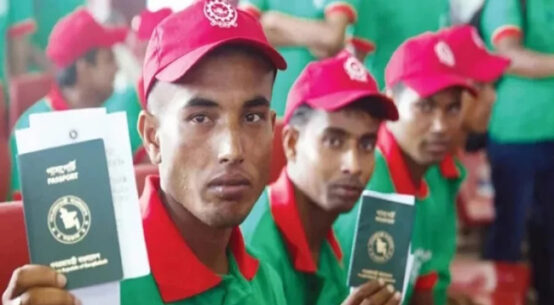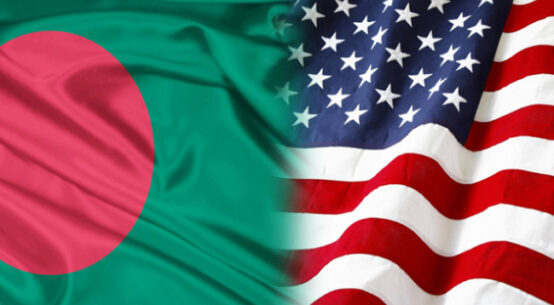
Ambassador and Head of the European Union (EU) Delegation to Bangladesh, Charles Whiteley, reaffirmed the EU’s commitment to aiding Bangladesh in its fight against climate vulnerability and extreme poverty.
Whiteley made these remarks today as the guest of honour at a workshop titled “Pathway to Prosperity for Extremely Poor People – European Union (PPEPP-EU),” organized by Palli Karma-Sahayak Foundation (PKSF) at its auditorium in Agargaon.
Principal Secretary to the Prime Minister, Mohammad Tofazzel Hossain Mia, attended the program as the chief guest, while Secretary of the Financial Institutions Division, Md. Abdur Rahman Khan, was the special guest. PKSF Chairman Dr. M. Khairul Islam presided over the event.
The EU Ambassador expressed satisfaction with the progress made in alleviating extreme poverty through EU-funded initiatives, noting that many individuals have successfully emerged from dire conditions, and their second generation now has the opportunity for a brighter future.
“Hearing the success stories of vulnerable families who have overcome their struggles and now have access to clean drinking water, proper healthcare, and sanitation services is truly inspiring,” Whiteley said.
The workshop highlighted that 5.6 percent people in Bangladesh still live in extreme poverty, a number targeted for eradication by 2030 in alignment with the Sustainable Development Goals (SDGs).
Speakers at the event noted that the rate of reduction in extreme poverty is higher than that of general poverty, thanks to continuous support from the government and development partners. They pointed out that the poverty ratio has decreased from over 25 percent in 2006 to 18.7 percent currently, despite challenges posed by the COVID-19 pandemic and other global crises.
The EU is funding the PPEPP-EU project under a three-year package, set to conclude in 2025. However, speakers emphasized that three years is insufficient for achieving sustainable development for the beneficiaries. They urged for continued support from the EU to ensure the extreme poverty reduction program becomes a sustainable model for vulnerable populations.


